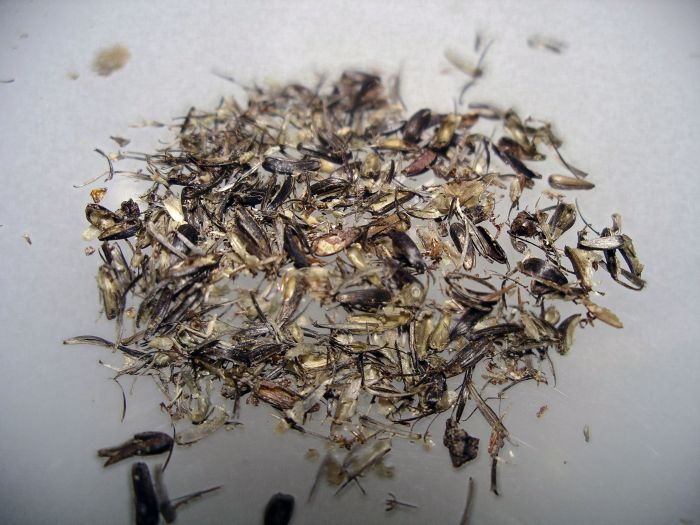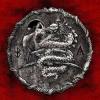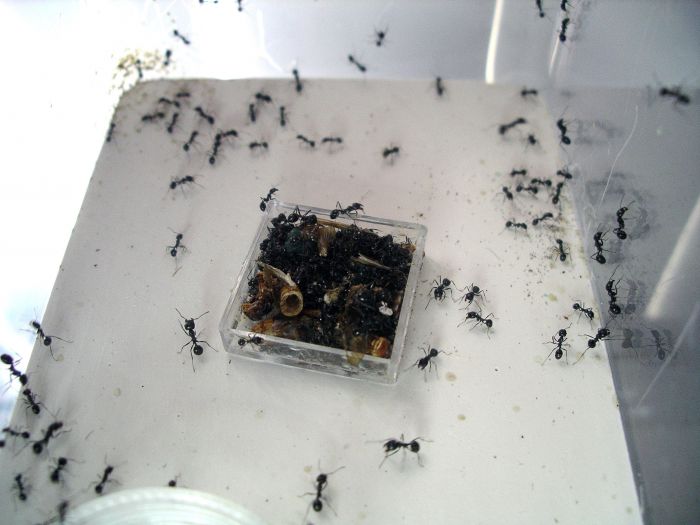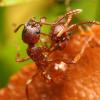That is so cool! It's nice that they make trash piles instead of just leaving it everywhere 
You can easily tame them to do so 
-
Trailandstreet likes this
My colonies:
European species: Lasius niger (1 colony and dozens of fundations), Lasius emarginatus (foundation), Lasius flavius (foundation), Messor barbarus (foundation), Messor capitatus (colony), Messor minor hesperius (colony), Pheidole pallidula (colony), Camponotus cruentatus (colony), Camponotus barbaricus (colony), Camponotus ligniperdus (foundation), Formica lemani (foundation), Formica cinerea (foundation)
Asian species: Pheidole noda (mature colony), Camponotus nicobarensis (colony), Polyrachis dives (foundation)
South American species: Acromyrmex echinatior (huge colony)




















